The climate-jamboree leaves the Amazon after much process but little progress, reports Science Director Roger Highfield
A new study finds global warming could wipe out 24% of staple-crop calories—roughly equivalent to missing a meal, every day – by the end of this century, reports Science Director Roger Highfield.
Roger Highfield, Science Director, discusses a new study which says the world’s “safe” climate limit may be closer to 1°C—not 1.5°C—as ice loss accelerates and irreversible sea level rise looms.
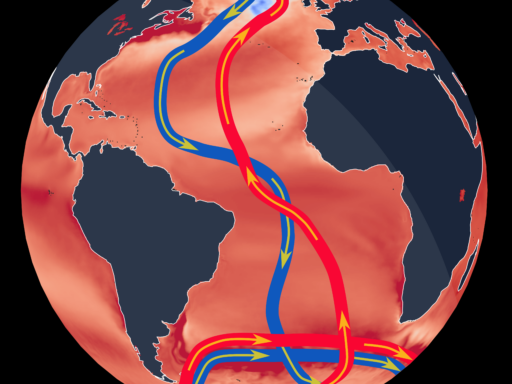
A major ocean current that regulates global temperatures – and gives the UK mild winters – is weakening due to climate change. Science Director Roger Highfield describes a new study which suggests it may avoid collapse this century, thanks to powerful winds that whip around Antarctica.

As climate scientists worry that the Earth may tip beyond a point of irreversible climate change, new research suggests that even the simplest computer model is vulnerable to such tipping points. Roger Highfield, Science Director, reports.
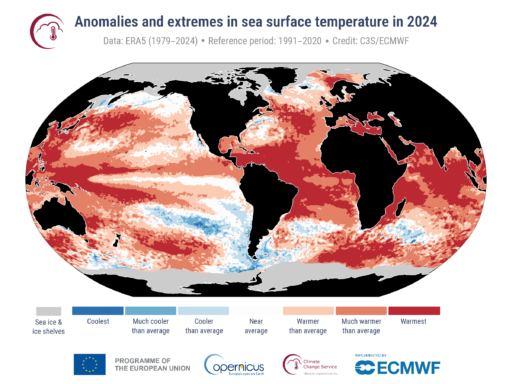
Climate scientists are investigating whether a two-year temperature surge is a blip or means that global warming is accelerating. Roger Highfield, Science Director, reports.
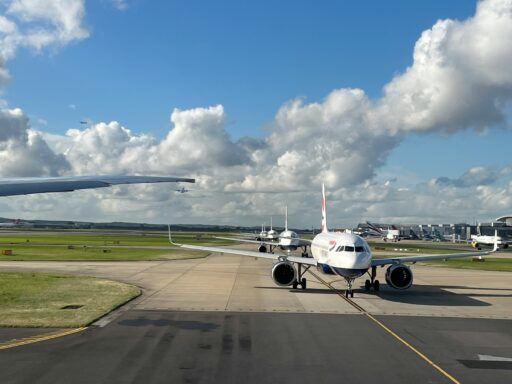
A five-year roadmap to help the aviation sector achieve net-zero climate impact by 2050 is published today by a Cambridge University team. Roger Highfield, Science Director, reports.
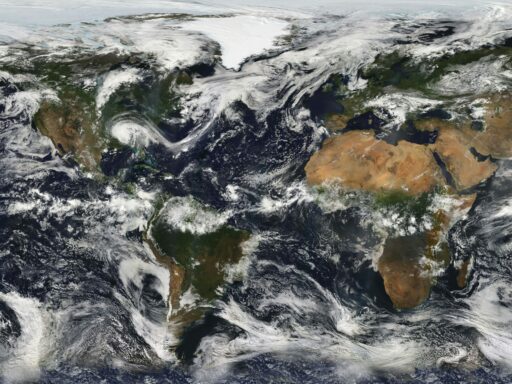
Evidence is published today that human-generated atmospheric carbon dioxide is boosting Earth’s surface temperature faster than ever, reports Science Director Roger Highfield.

Electrification is a key component of the energy transition that can also help deal with coastline erosion. Roger Highfield, Science Director, reports.
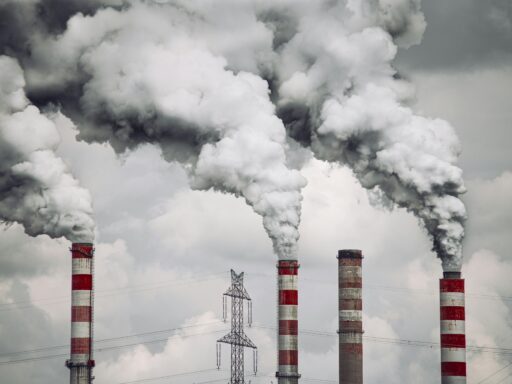
A machine learning analysis has revealed the most effective climate policies out of 1,500 implemented worldwide. There are not many, reports Science Director, Roger Highfield.

Lab grown chicken could be produced as cheaply as organic chicken, according to a study published today. Roger Highfield, Science Director, reports.

Roger Highfield, Science Director, describes a study that highlights the challenges the aviation industry faces to cut its impact on the climate.